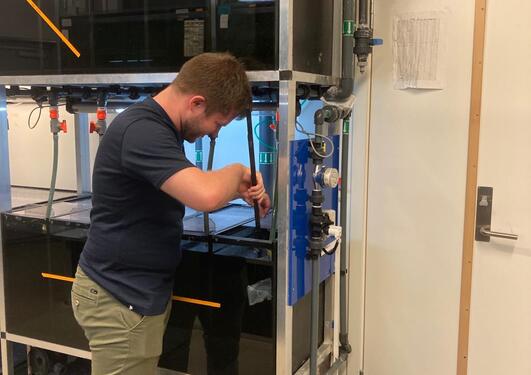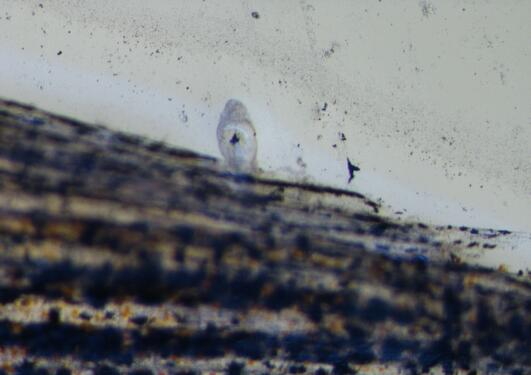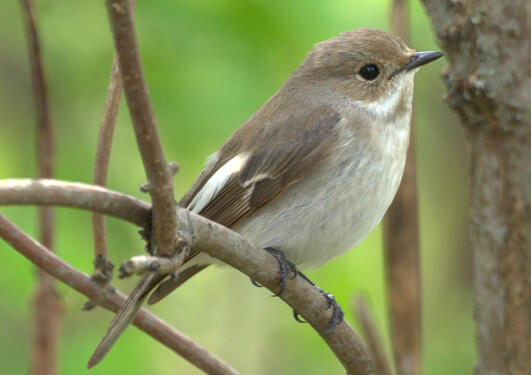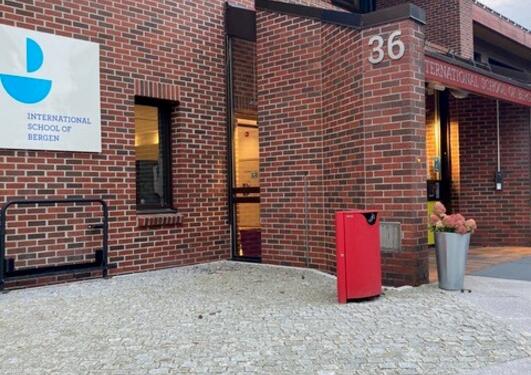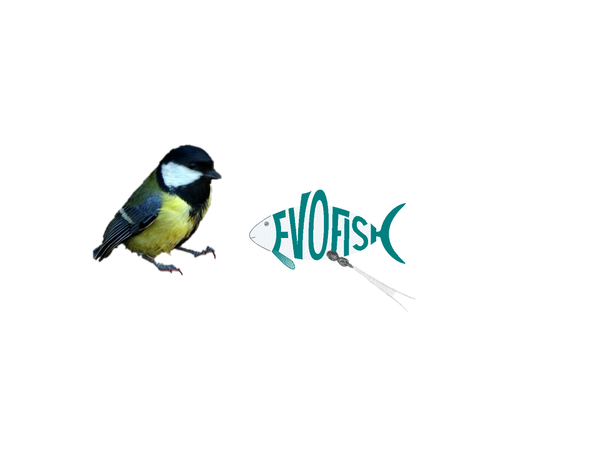
Evolutionary Ecology is a research group working on fundamental and applied eco-evolutionary biology.
We have a tradition for combining the two main questions of evolutionary ecology: studying the ecological causes of evolution within populations, and establishing how these are currently changing due to human activities.
We study animal populations, both in the wild and via models combined with lab experiments. Our current projects focus on fisheries-induced evolution and evolutionary parasitology, which we study experimentally using guppies and salmon lice, respectively. We address central aspects of animal ecology such as life history evolution, behavioural ecology, and host-parasite interactions – and whenever relevant, use this knowledge to address challenges resulting from human activities.
Evolutionary Ecology has been in existence in a form or another since the reorganization of BIO in 2004. Evolutionary Fisheries Ecology (EvoFish) was established in 2007 with a grant from the Bergen Research Foundation. In 2013, the original EE and EvoFish merged. To reflect the breath of our research we took Evolutionary Ecology as the official group name. The accronym EvoFish survives in informal use.
Master with Evolutionary Ecology?
We can offer a range of projects related to fish behaviour and life histories, fish dynamics, salmon louse and other parasites, etc., that are relevant for the Master programmes in Biodiversity, Evolution and Ecology, Marine Biology, Aquaculture Biology, and Fisheries Biology and Management.
